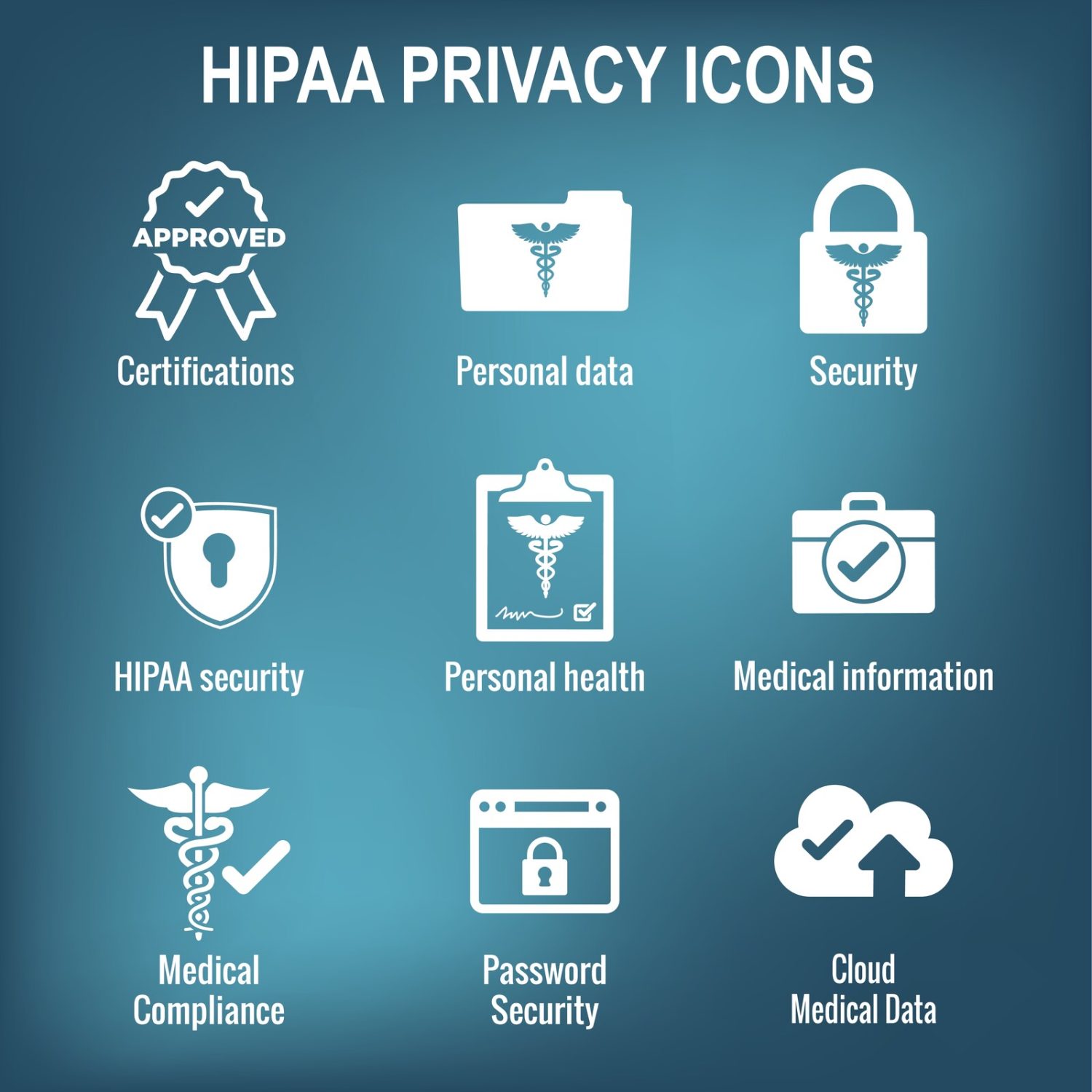What are some safe practices related to HIPAA regulations?

Ensuring compliance with the Health Insurance Portability and Accountability Act (HIPAA) regulations is crucial for healthcare professionals and organizations. Here are some safe practices related to HIPAA regulations:
- Staff Training and Education:
- Conduct regular HIPAA training sessions for all employees to ensure they understand the law’s requirements and their role in compliance.
- Provide ongoing education to keep staff updated on changes and best practices.
- Privacy Policies and Procedures:
- Develop and implement comprehensive privacy policies and procedures that align with HIPAA regulations.
- Ensure that all staff members are familiar with and follow these policies consistently.
- Access Control:
- Implement strict access controls to limit who can access electronic health records (EHRs) and other patient information.
- Assign unique user IDs and passwords for each authorized user.
- Encryption and Secure Communication:
- Encrypt patient data both in transit and at rest to protect it from unauthorized access.
- Use secure communication methods such as encrypted email when transmitting patient information.
- Secure Physical Storage:
- Store physical patient records, if applicable, in locked cabinets or secure areas.
- Limit access to these records to authorized personnel only.
- Risk Assessment:
- Conduct regular risk assessments to identify potential vulnerabilities and security gaps.
- Develop strategies to mitigate these risks and vulnerabilities.
- Breach Notification Plan:
- Develop a clear plan for notifying patients and relevant authorities in the event of a data breach.
- Establish a timeline for reporting breaches as required by HIPAA.
- Business Associate Agreements:
- Establish written agreements with business associates (e.g., third-party vendors) that handle patient data. These agreements should outline their responsibilities for safeguarding the data.
- Data Backup and Recovery:
- Implement robust data backup and recovery procedures to ensure the availability of patient information in case of system failures or data loss.
- Patient Consent and Authorization:
- Obtain informed consent from patients before using their information for purposes beyond treatment, payment, or healthcare operations.
- Keep clear records of patient authorizations for disclosure.
- Audit Trails:
- Maintain audit trails that record who accesses patient data and when.
- Regularly review these logs to identify and address any suspicious or unauthorized access.
- Secure Disposal:
- Properly dispose of paper records and electronic media containing patient information. Use shredding or secure disposal methods.
- Incident Response Plan:
- Develop and implement an incident response plan to address security incidents promptly and effectively.
- Assign roles and responsibilities for handling incidents.
- Regular Compliance Audits:
- Conduct regular internal audits to assess compliance with HIPAA regulations.
- Address any deficiencies or non-compliance issues promptly.
- Documentation and Record-Keeping:
- Maintain detailed records of HIPAA compliance activities, including training, risk assessments, and incident responses.
- Keep records for the required retention period.
HIPAA guidelines for mental health professionals
HIPAA (Health Insurance Portability and Accountability Act) guidelines are critically important for mental health professionals to ensure the confidentiality and privacy of patient information. Here are key guidelines that mental health professionals should follow:
- Privacy Rule Compliance:
- Mental health professionals must strictly adhere to the HIPAA Privacy Rule, which outlines the standards for protecting the privacy of patient informatio